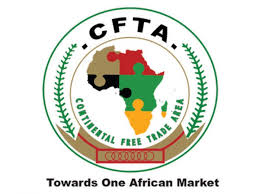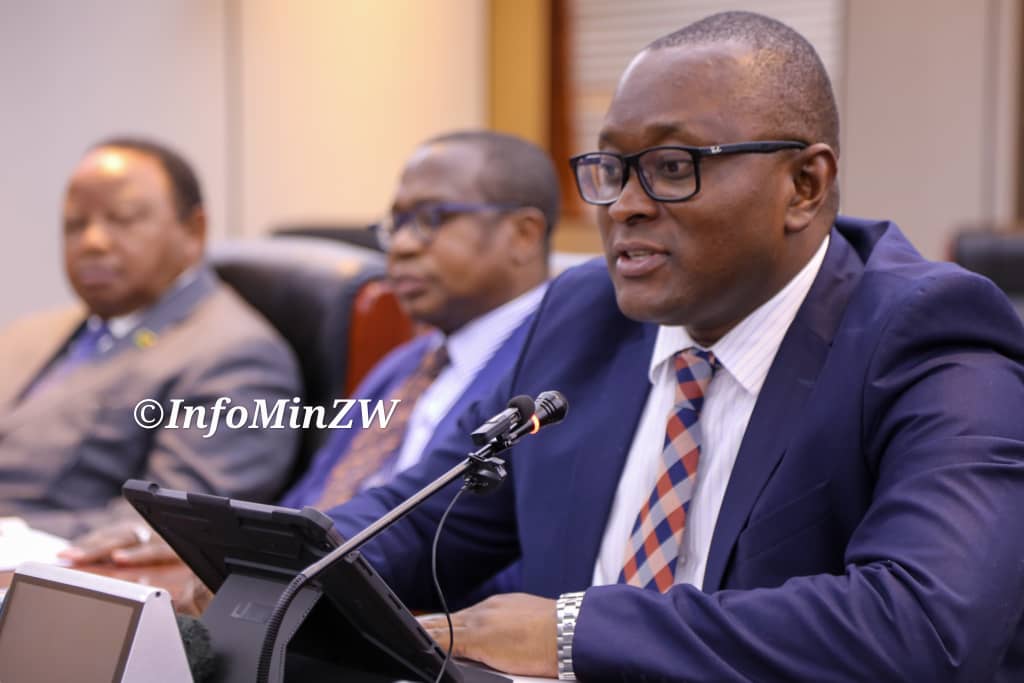Zim, Algeria to revive Joint Commission
Share

Addis Ababa, Ethiopia (New Ziana) – Zimbabwe and Algeria are keen to re-invigorate and broaden diplomatic ties which appeared on hold in the last few years, with new leadership having taken over in both countries.
With President Emmerson Mnangagwa and President Abdelmadjid Tebboune having taken over the reins in late 2017 and 2019 respectively, the two leaders met on the sidelines of the on-going 33rd African Union Heads of State and Government Summit to explore ways to revive cooperation.
The relationship between the two countries dates back to the days of Zimbabwe’s struggle for independence.
But over the 40 year period of Zimbabwe’s self-rule, ties between the two countries have on occasions appeared to have frozen.
President Mnangagwa told reporters after closed door talks the two countries would revive their Joint Permanent Commission on Cooperation (JPCC).
Since establishing diplomatic ties in 1980, the two countries have only met four times at a JPCC level.
“I am so happy that you can see that spirit (of cooperation) in the new President and we are very happy with that,” President Mnangagwa said after his first meeting with President Tebboune.
“We are going to continue to cooperate and resuscitate our joint commission.”
The last JPCC met in 2016.
Previously the two countries have discussed cooperation in areas including technology transfer, education and agriculture.
Algeria has over the years continued to offer scholarships to Zimbabwean students.
Meanwhile, President Mnangagwa said sanctions imposed on Zimbabwe by the west made it difficult for the country to meaningfully play its part in aiding the African Union’s growth and development ambitions.
“Zimbabwe is in a peculiar position, we have two decades of sanctions and they have not been removed, the priority issue now is to have those sanctions removed to allow our economy to recover, participate fully in supporting the ambitions of the continent to modernise and industrialise our countries,” he told reporters after the meeting with President Tebboune.
He lauded the AU for its stance in calling for the removal of the embargo imposed following political differences between Zimbabwe and Britain over the handling of its land reform programme.
The land re-distribution programme sought to redress colonial land imbalances that saw minority white owning vast tracts of productive land at the expense of the majority black population.
Over 300 000 previously landless black families benefitted from the land reforms.
New Ziana









